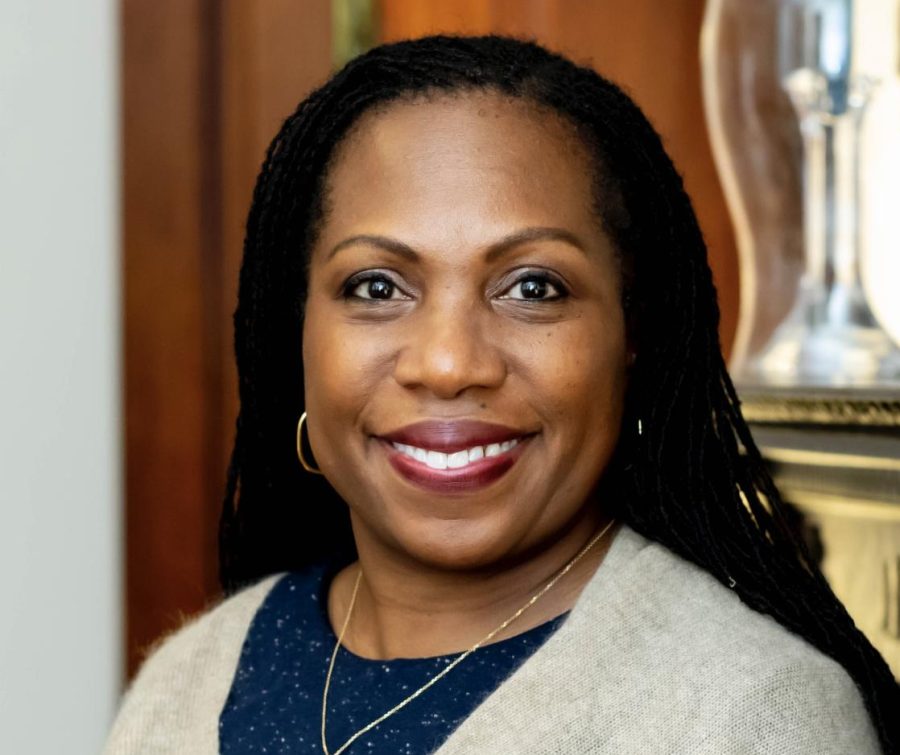Following Justice Stephen Breyer’s retirement from the Supreme Court, President Joe Biden has exercised his executive power under the Appointments Clause of the U.S. Constitution: the right to appoint Justices to the Supreme Court. As the first Black female to receive a Supreme Court nomination, Kentanji Brown Jackson has made headlines for her forthcoming career.
Sophomore Muskan Mehta discussed the importance of representation in various minority groups. “Positive portrayal for underrepresented groups helps people feel included in society and validated. However, our society needs to look beyond just race and gender and appreciate the morals and other qualities of the person,” she shared.
Mehta continued, “People should value the actions and advancements that the elected official has done, as well as feeling acknowledged in society. Representation is not the final goal, for it is merely a small step towards equality.”
While arguing that the highest court of the U.S. lacks diversity, many fail to recognize Jackson’s prosperous career prior to the nomination.
Born in Washington, D.C. and raised in Miami, Jackson was brought up by her parents – a lawyer and school principal. Following in her father’s footsteps, Jackson excelled in debate during her high school years, further inspiring her to pursue her interests in politics and law.
According to Politico, Jackson studied government at Harvard University and graduated in 1992. While attending college, Jackson’s uncle fell victim to the three-strikes law, sentencing him to life in prison. The Washington Post shared that the conviction began Jackson’s true exposure to the complexities of the U.S. justice system. Years into her uncle’s imprisonment, Jackson persuaded a law firm to take on her uncle’s case pro bono. Eventually, the sentence was commuted by former president Barack Obama.
After working for Time magazine for one year, she graduated from Harvard Law School in 1996. Throughout her time at Harvard, Jackson continued to educate herself on activism, politics and law. Her work at a private legal practice and on the Sentencing Commission led to her position as a federal judge.
During his presidency, Obama considered Jackson as a potential candidate for a Supreme Court justice position, but Biden has clearly announced that Jackson will be taking Breyer’s place. Government teacher Trever Zahn shared how Jackson is in a tough position because Biden set the tone of her tenure as the first Black female Supreme Court justice. “Because Jackson is relatively young in comparison to other Supreme Court justices, her work will impact the Court for years. Having a new perspective like that will alter the general perspective of the court,” he said.
With eight out of the nine current Supreme Court justices being white and only two female justices, diversity is undoubtedly a shortcoming of the highest court of the U.S. Surely, Jackson will provide a new perspective to the Supreme Court with her distinct experience, fresh approach to justice and overall appetite for activism. While representation is an indispensable trait in the U.S. government, Jackson’s remarkable background authenticates her impending position as the newest Supreme Court justice.









